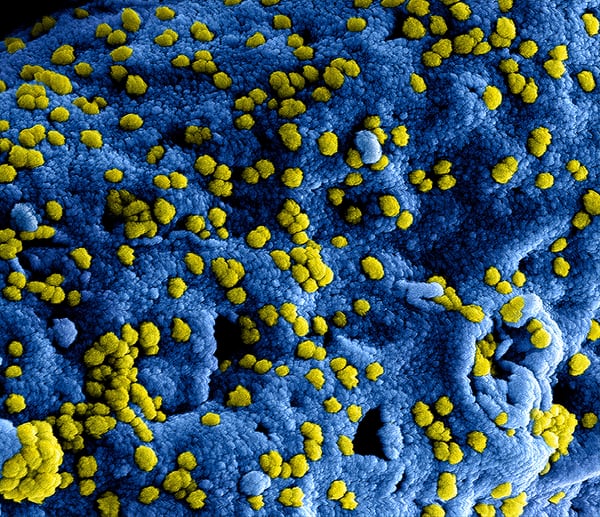“Life Sciences” study all life forms. As with the physical sciences, the life sciences follow the same laws of physics and rely on knowledge from mathematics, physics, and chemistry. Life sciences are applications science to focus on who, what, when, where, how, and why concerning living organisms (also including some species that are not actually ‘living’, such as viruses and prions), from the tiniest to the largest, from the prehistoric to present day.
Topics studied under the broad umbrella of the life sciences include biochemistry, molecular biology, genetics, cell biology, microbiology, botany (plant biology), marine biology, soil biology, and biomedical sciences, including such fields as physiology, immunology, pathology, endocrinology, and neurobiology. The discipline is vast and diverse. There is something for everyone who’s interested in the biochemical, cellular, behavioral processes, and/or life cycles (to name a few) of living systems. Life sciences offer many rewarding career paths.



